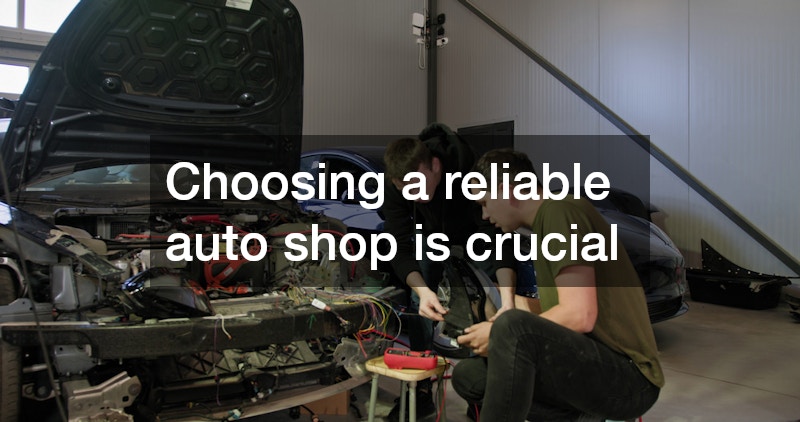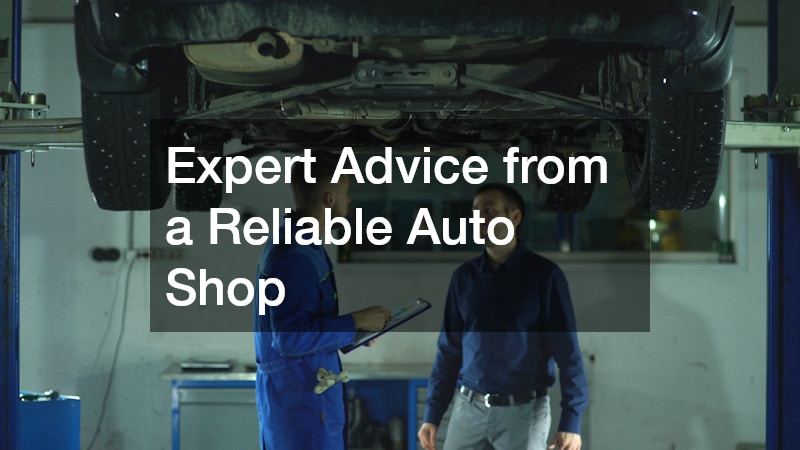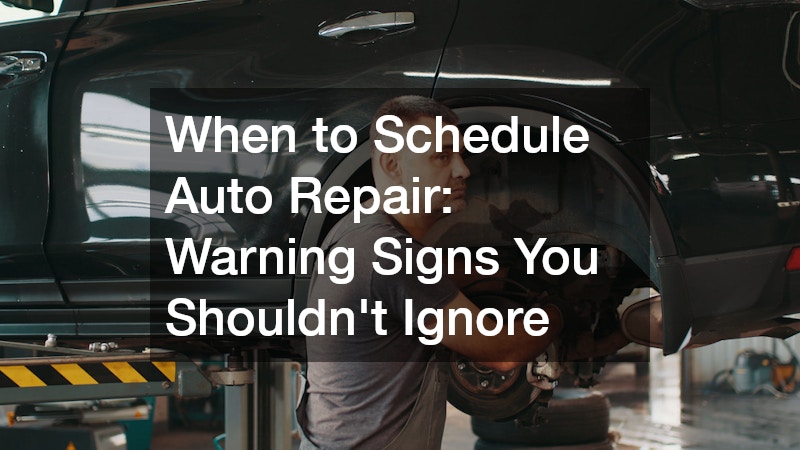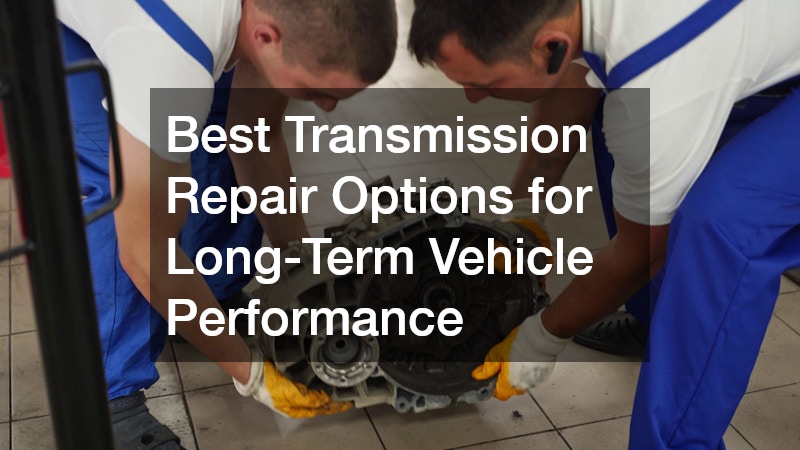
This article provides insights into the automotive repair process and highlights expert advice from reliable auto shops. Whether you’re dealing with routine maintenance or unexpected repairs, understanding how to choose a trustworthy auto shop can save you time and money. Knowing the right questions to ask and the factors to consider ensures that you can maintain your vehicle in optimal condition.
What Should I Look for in a Reliable Auto Shop?
1. Certifications and Qualifications
When selecting an auto shop, it’s essential to check for ASE (Automotive Service Excellence) certification, which indicates that the mechanics have undergone rigorous training. Certification ensures that the technical staff possesses the knowledge necessary to diagnose and repair any automotive issues accurately. Choosing a shop with qualified professionals boosts your confidence that your vehicle is in capable hands.
Additionally, looking for specialized certifications related to your car’s brand or specific types of repairs can provide extra assurance. For instance, a shop focused on European vehicles may have mechanics who are certified by manufacturers such as BMW or Audi. The right qualifications can make a significant difference in the quality of service you receive.
2. Transparency in Pricing and Services
Reliable auto shops should be transparent in their pricing structures and the services they offer. Before committing to repairs, obtaining a detailed estimate can help you understand what exactly you are paying for. A trustworthy shop will be open to discussing individual service charges and answering any questions you might have.
Additionally, it’s wise to ask for a breakdown of the costs involved, including labor and parts. This transparency not only reassures you about the fairness of the charges but also helps you make informed decisions about what services to proceed with. If an auto shop is hesitant to provide such information, it might be best to look elsewhere.
The importance of asking about warranties on both parts and labor cannot be overstated. A reputable shop will offer guarantees that protect you against potential issues arising after the service has been performed. This level of confidence in their work often demonstrates their commitment to high-quality service and customer satisfaction.
How Can I Maintain My Vehicle to Avoid Major Repairs?
1. Regular Maintenance Checks
Scheduling regular maintenance checks is crucial in prolonging the lifespan of your vehicle. These check-ups help in early identification of potential issues before they escalate into significant problems, thus saving you costly repairs later on. Following the manufacturer’s service recommendations will ensure that every aspect of your vehicle is serviced in a timely manner.
Various maintenance tasks—such as oil changes, air filter replacements, and brake inspections—should be part of your routine to keep your vehicle running smoothly. Each of these services addresses crucial components of your vehicle’s performance. By adhering to a defined maintenance schedule, you can significantly reduce the chances of sudden malfunctions or breakdowns.
Regular checks also provide the opportunity to assess your driving habits. Sometimes, minor adjustments in driving can lead to better fuel efficiency, reduced wear and tear, and overall improved vehicle health. A proactive approach to maintenance will ensure that your vehicle continues to operate safely and efficiently.
2. Keeping Up with Brake and Battery Care
Addressing brake issues promptly can prevent more significant damage and enhance your safety on the road. Regular inspections can help identify worn brake pads, which should be replaced to maintain maximum stopping power. Ignoring warning signs, such as squeaking or grinding noises, can lead to more costly repairs and increased risk of accidents.
Battery maintenance is also critical, particularly because batteries typically have a limited lifespan. It’s essential to keep terminals clean and check for corrosion, as this can affect performance. Noticing signs such as dimming lights or difficulty starting your vehicle can signal the need for immediate battery care or replacement.
Your vehicle’s overall electrical system relies heavily on a properly functioning battery, so pay attention to its condition. Regular check-ups can help extend the life of your battery and ensure that your vehicle operates as it should. Practicing consistent brake and battery care is key to avoiding unexpected breakdowns and costly repairs.
What Are Common Signs That My Vehicle Needs Repair?
1. Warning Lights on the Dashboard
Warning lights on your dashboard serve as your vehicle’s way of communicating potential issues that need immediate attention. Familiarizing yourself with the meaning behind those lights can empower you to act proactively rather than reactively. For instance, a check engine light could signal anything from a loose fuel cap to a serious engine malfunction.
Ignoring dashboard warnings often leads to more significant and costly repairs down the line. Always consult your vehicle’s manual if you are unsure about a warning light’s significance and how urgently it needs to be addressed. Prompt action in response to these alerts can save you from more severe issues in the future.
2. Changes in Driving Performance
Changes in how your vehicle handles, accelerates, or brakes can indicate that repairs may be necessary. If you find your car pulling to one side or having trouble stopping, it might be time for an inspection. These performance changes can point to issues such as alignment problems, brake wear, or tire issues that require immediate attention.
Paying close attention to how your vehicle responds when accelerating or turning is also vital. If you notice a lag in acceleration or a decline in your car’s handling, don’t wait for further symptoms to appear. Taking proactive measures can mean the difference between a minor expense and a major repair.
Choosing a reliable auto shop is crucial for maintaining your vehicle’s health and ensuring your safety on the road. By understanding what to look for, how to maintain your vehicle, and recognizing signs that repairs are needed, you can make informed decisions about your automotive needs. A well-maintained vehicle not only performs better but also increases its longevity, providing peace of mind as you enjoy driving.





